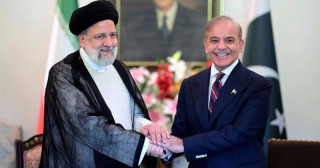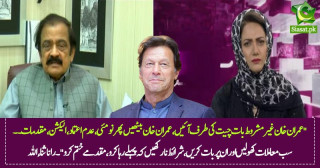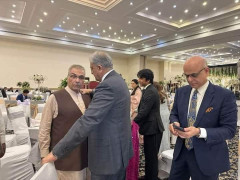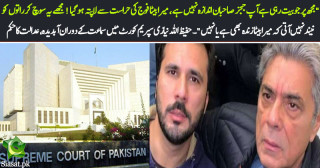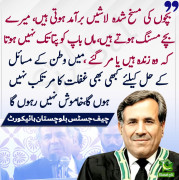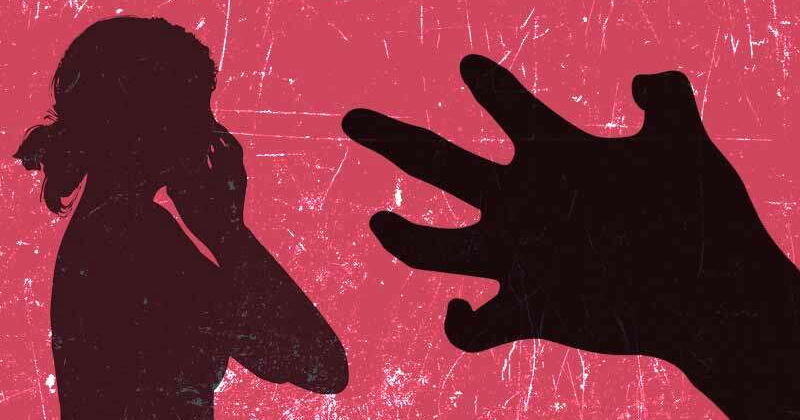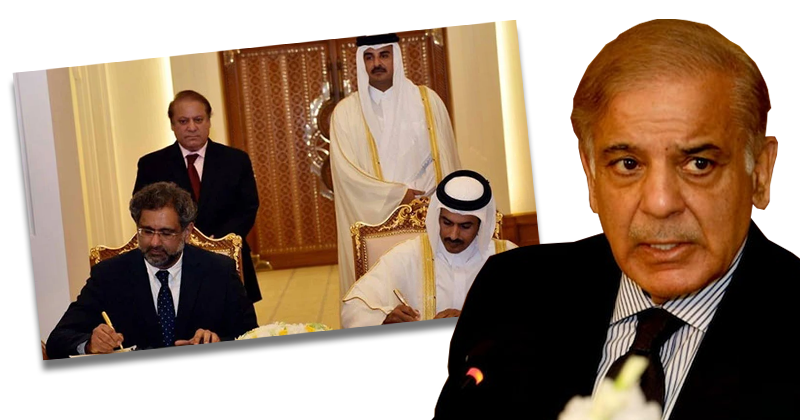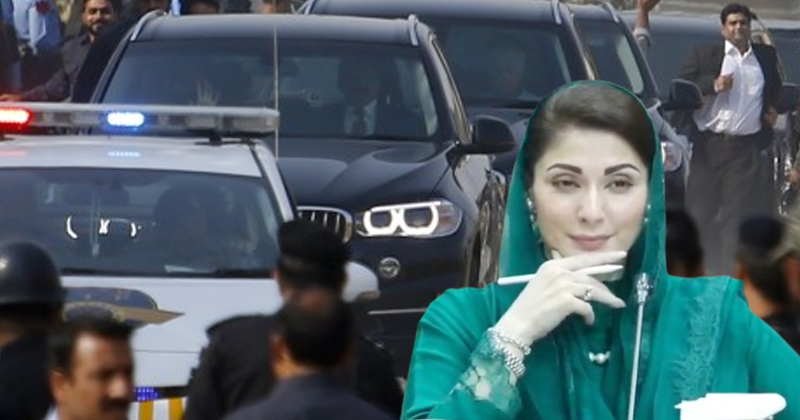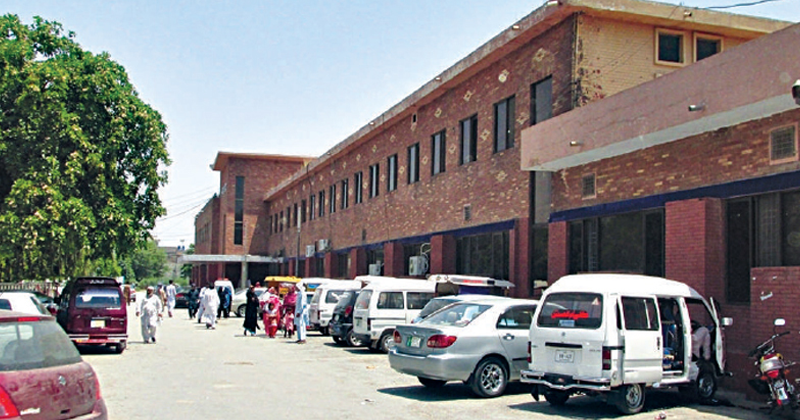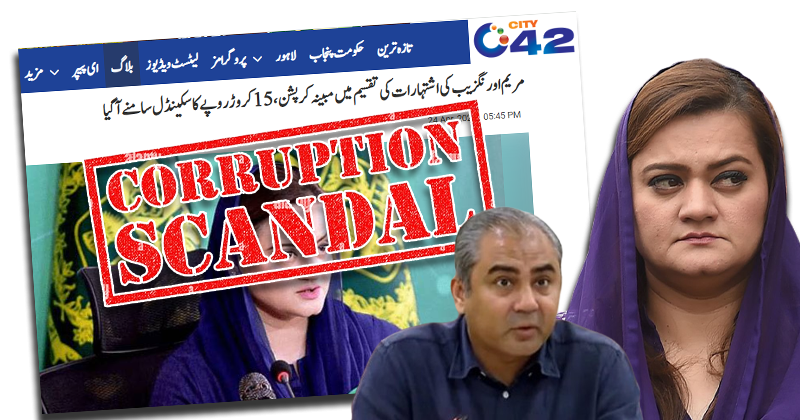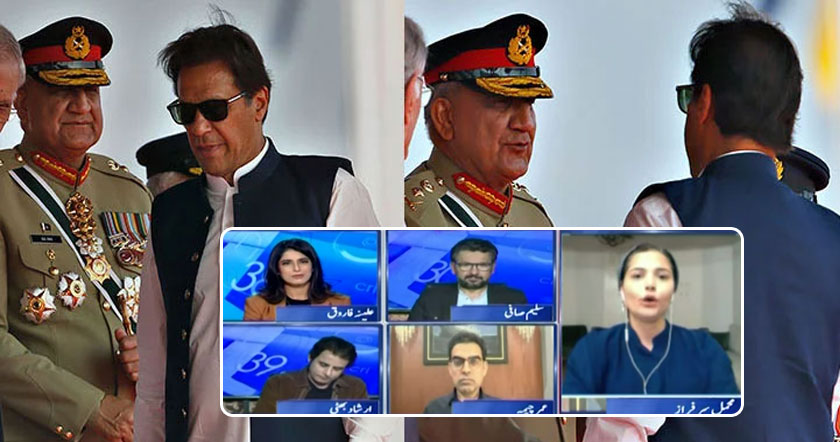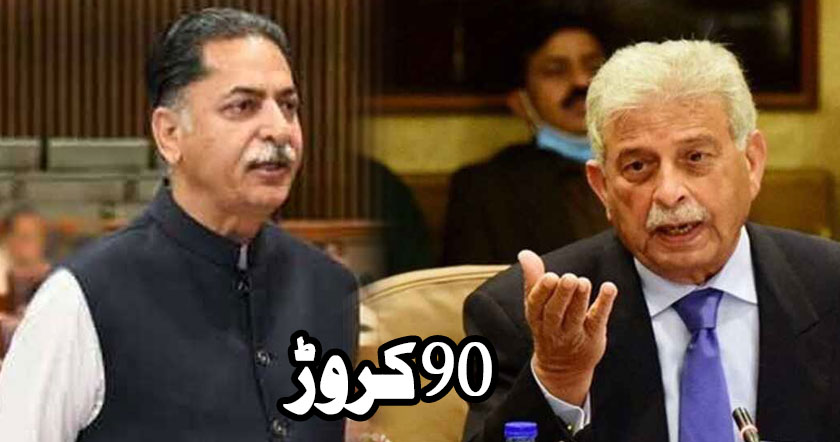An Oil Discovery Before Systemic Reform in Pakistan Would Be a Tragedy
Pakistan needs drastic and systemic reform. An oil bonanza will enable the government to postpone needed fixes indefinitely.
Since March, Pakistan’s Prime Minister Imran Khan has been focused on oil and gas. An ExxonMobil-led consortium is in the final stages of an offshore drilling project in the Arabian Sea, and Khan thinks that Pakistan may soon hit the “jackpot.” But if he is serious about addressing the rot at Pakistan’s core, the platform on which voters elected him, an oil discovery could be a tragedy. Pakistan needs drastic and systemic reform. An oil bonanza will enable the government to postpone needed fixes indefinitely, leaving Pakistan yet another victim of the resource curse.
For all of Khan’s flaws, he has hit the nail on the head with what most ails Pakistan: abysmal performances in literacy, education, and health; a corrupt and weak government; and a sclerotic private sector. Despite his claim to want to build an “Islamic welfare state,” he has spoken of the need for foreign investment, tax reform, and the need to abandon an “anti-wealth-creation” mindset.
Pakistan ranks at the bottom of Asia for most major socioeconomic indicators. Its literacy rate declined last year to 57 percent. Enrollment in primary school is just 76 percent – the same as Burkina Faso, and 15 percentage points lower than Bangladesh. It is one of three countries in the world with polio, and over 10 percent of the population lacks access to clean water. The entire Pakistan Stock Exchange is worth less than a single Indian company. Transparency International ranks Pakistan as more corrupt than China, Brazil, or India.
Enjoying this article? Click here to subscribe for full access. Just $5 a month.
The pressure on Pakistan to reform is significant and acute. Khan has been pleading with China, Saudi Arabia, and the UAE for funds to delay a balance of payments crisis, and is negotiating with the IMF for what would be the country’s 13th bailout in three decades. An infrastructure-led economic stimulus that pushed growth to a respectable 5.8 percent last year is ending. Standard & Poor’s now estimates that growth will average a measly 3.6 percent until 2022 — half the rate required to accommodate the expanding labor market. Worse yet, an upcoming review by the Financial Action Task Force threatens to put Pakistan on the terror funding “black list,” which would further dampen growth.
Perhaps desperation can be the best motivation. Khan and his party, the Pakistan Tehreek-e-Insaf (PTI), have at least acknowledged the need for reforms, and appear serious about implementing some. They have relaxed Pakistan’s draconian visa restrictions to spur investment and tourism. In his inaugural address, Khan deemed education his “top priority.” He has since pushed for a national curriculum to improve education, particularly at madrassas. In January, the finance minister proposed pro-growth reforms to widen the tax base and cut red tape. His ministry is now using new data-focused methods to catch tax evaders.
For all these reasons and more, it’s clear that an oil discovery would remove much of the pressure on the PTI for reform, and enable them to kick the can down the road until the next crisis. In a country where at most 1 percent of residents pay taxes, oil revenues would loosen purse strings and remove the urgency to widen the tax net. Once the government turns on the tap of spending, no one will want to turn it off. The underlying fiscal irresponsibility and rotten fundamentals that have led Pakistan to its dismal economic state would remain.
Nor is there any reason to believe that the government would spend funds responsibly or reinvest them into the sectors that need them most. Revenue would likely disappear into the opaque corridors of Islamabad, emerging on the other side as patronage, stolen funds, and dole before elections. Much of the rest would end up in Rawalpindi, inflating the military’s already oversized budget.
Last month Khan said, “I implore that we all pray that Pakistan gets this natural resource in substantial quantity.” If his government is serious about reform, perhaps he should be praying for the opposite, at least until he gets Pakistan’s affairs in order.
source
Pakistan needs drastic and systemic reform. An oil bonanza will enable the government to postpone needed fixes indefinitely.
Since March, Pakistan’s Prime Minister Imran Khan has been focused on oil and gas. An ExxonMobil-led consortium is in the final stages of an offshore drilling project in the Arabian Sea, and Khan thinks that Pakistan may soon hit the “jackpot.” But if he is serious about addressing the rot at Pakistan’s core, the platform on which voters elected him, an oil discovery could be a tragedy. Pakistan needs drastic and systemic reform. An oil bonanza will enable the government to postpone needed fixes indefinitely, leaving Pakistan yet another victim of the resource curse.
For all of Khan’s flaws, he has hit the nail on the head with what most ails Pakistan: abysmal performances in literacy, education, and health; a corrupt and weak government; and a sclerotic private sector. Despite his claim to want to build an “Islamic welfare state,” he has spoken of the need for foreign investment, tax reform, and the need to abandon an “anti-wealth-creation” mindset.
Pakistan ranks at the bottom of Asia for most major socioeconomic indicators. Its literacy rate declined last year to 57 percent. Enrollment in primary school is just 76 percent – the same as Burkina Faso, and 15 percentage points lower than Bangladesh. It is one of three countries in the world with polio, and over 10 percent of the population lacks access to clean water. The entire Pakistan Stock Exchange is worth less than a single Indian company. Transparency International ranks Pakistan as more corrupt than China, Brazil, or India.
Enjoying this article? Click here to subscribe for full access. Just $5 a month.
The pressure on Pakistan to reform is significant and acute. Khan has been pleading with China, Saudi Arabia, and the UAE for funds to delay a balance of payments crisis, and is negotiating with the IMF for what would be the country’s 13th bailout in three decades. An infrastructure-led economic stimulus that pushed growth to a respectable 5.8 percent last year is ending. Standard & Poor’s now estimates that growth will average a measly 3.6 percent until 2022 — half the rate required to accommodate the expanding labor market. Worse yet, an upcoming review by the Financial Action Task Force threatens to put Pakistan on the terror funding “black list,” which would further dampen growth.
Perhaps desperation can be the best motivation. Khan and his party, the Pakistan Tehreek-e-Insaf (PTI), have at least acknowledged the need for reforms, and appear serious about implementing some. They have relaxed Pakistan’s draconian visa restrictions to spur investment and tourism. In his inaugural address, Khan deemed education his “top priority.” He has since pushed for a national curriculum to improve education, particularly at madrassas. In January, the finance minister proposed pro-growth reforms to widen the tax base and cut red tape. His ministry is now using new data-focused methods to catch tax evaders.
For all these reasons and more, it’s clear that an oil discovery would remove much of the pressure on the PTI for reform, and enable them to kick the can down the road until the next crisis. In a country where at most 1 percent of residents pay taxes, oil revenues would loosen purse strings and remove the urgency to widen the tax net. Once the government turns on the tap of spending, no one will want to turn it off. The underlying fiscal irresponsibility and rotten fundamentals that have led Pakistan to its dismal economic state would remain.
Nor is there any reason to believe that the government would spend funds responsibly or reinvest them into the sectors that need them most. Revenue would likely disappear into the opaque corridors of Islamabad, emerging on the other side as patronage, stolen funds, and dole before elections. Much of the rest would end up in Rawalpindi, inflating the military’s already oversized budget.
Last month Khan said, “I implore that we all pray that Pakistan gets this natural resource in substantial quantity.” If his government is serious about reform, perhaps he should be praying for the opposite, at least until he gets Pakistan’s affairs in order.
source



